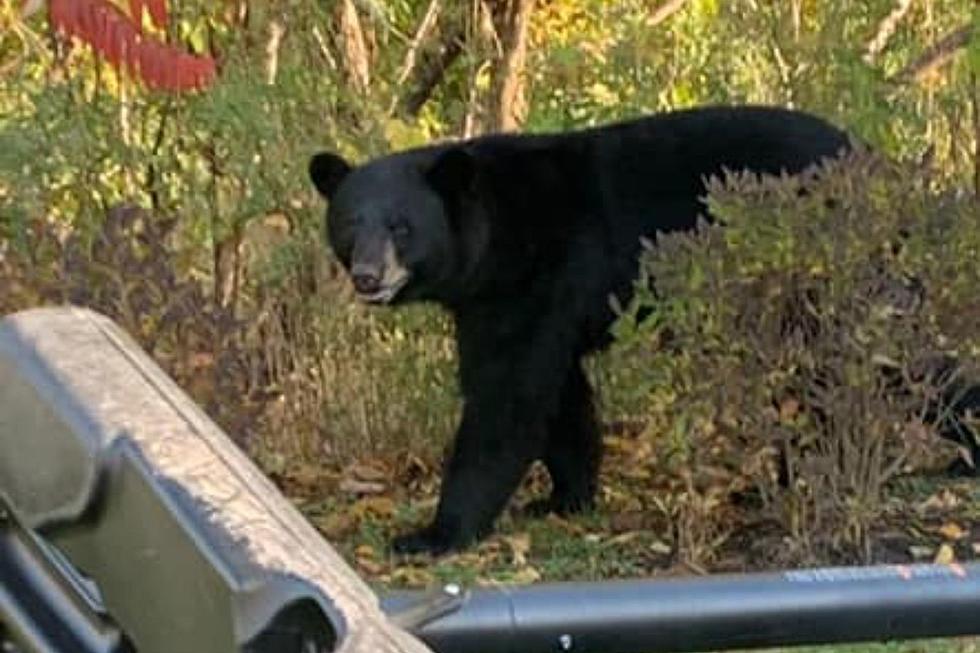
Most New England Animals Don’t Hibernate During the Winter
To be truthful, I don't spend much time in the woods during the winter months, but occasionally I'll spot a deer or some other critter, and I wonder why it is not engaged in a long winter nap.
Animals are supposed to hibernate in the winter, aren't they? Some do, and some don't.
Here in New England, the winter weather can be erratic: bone-chilling cold one day, and warm up into the 40s and 50s for the next couple of days.
When that happens, some New England skunks and even bears who may have settled in for a snooze wake up and sniff around for something to munch.
According to Mass.gov, "Bears typically enter their winter dens between November and mid-December and exit between March and April. If food is available, bears that are not pregnant may remain active throughout the winter."
While frogs, turtles, and other reptiles and amphibians "burrow into the pond mud" to nap for the winter, while grouse, mice, voles, and other small mammals "create tunnel passages through the snow," providing them with "insulation from the cold" while allowing them to escape detection from predators and fresh grass and sed to eat.
Western Massachusetts Wildlife Removal stated snakes and bats can be found in a basement or attic during the colder months as "they often take refuge in these areas to survive the winter."
The site reported that "Big brown bats and little brown bats are the most common bats that end up inside residential and commercial building structures."
The bats are generally cave dwellers during the winter, but an attic or large basement serves the purpose.

Fish are cold-blooded, and while they "slow down" during the winter months, they remain active, as do deer. Massgov.com stated deer are likely to limit their travel to "conserve energy and fat reserves."
While beaver, raccoons, squirrels, coyotes, fishers, bobcats, geese, ducks, hawks, and owls are among the many animals that remain active during a New England winter, migrating birds hit the highway for the winter. A number of species of birds have adapted to the cold New England climate and stay put.
Massachusetts Wildlife You Can Legally Take Home as Pets
LOOK: 30 fascinating facts about sleep in the animal kingdom
More From WFHN-FM/FUN 107









